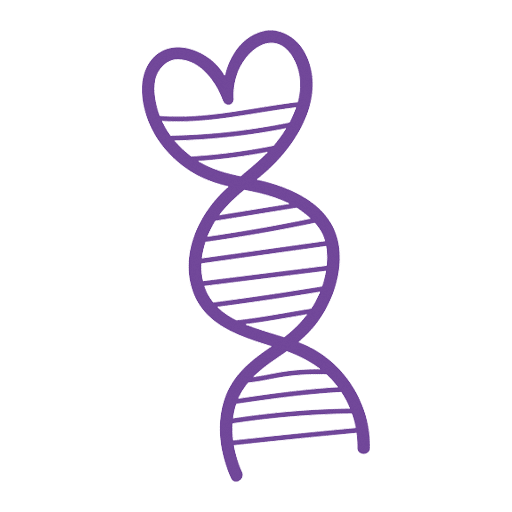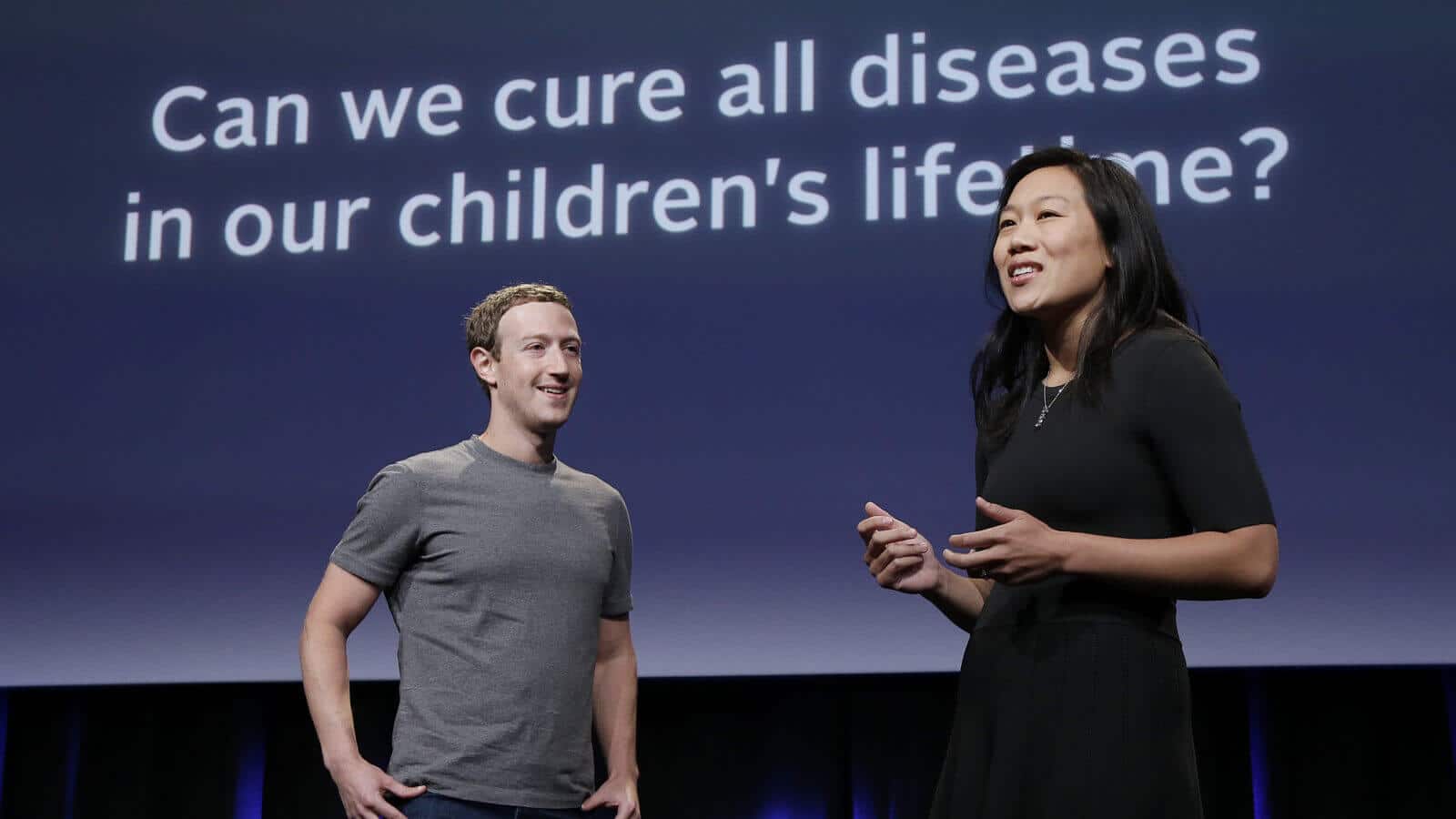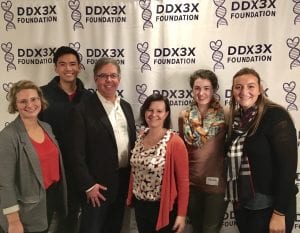Originally posted on Duke University’s Regeneration Next
Mariah Hoye, a Regeneration Next Fellow and Postdoctoral Research associate in the laboratory of Debra Silver, shares her experience at the 4th annual DDX3X foundation meeting.

Some of the scientists at the DDX3X meeting (L to R): Bethany Johnson-Kerner, MD, PhD; Ruji Jang; Elliot Sherr, MD, PhD, Debra Silver, PhD; Mariah Hoye, PhD; Lindsey Suit.
Our lab studies brain development in mice, with a particular interest in neural stem cells. My work specifically focuses on a protein, DDX3X, which is required for neural stem cells to function properly during brain development (Lennox AL et al, 2018).
In 2014, researchers showed that mutations in DDX3X account for 1-3% of intellectual disability (ID) diagnosed in females. Now that we have established that DDX3X plays a vital role during brain development, we aim to further dissect its function in the brain and try to develop novel therapies for children with DDX3X-ID. Specifically, I am generating a mouse model to understand how loss of DDX3X impacts the behavior of neural stem cells and neurons in the developing brain. I am also using genome-wide assays to characterize how normal and ID missense DDX3X mutants influence neural stem cells at the molecular level. Using these different approaches, we will gain insight into the consequences of loss of normal DDX3X and the consequences of ID mutant DDX3X, which may differentially influence brain development.
So, what is DDX3X-ID?
DDX3X-ID is caused by spontaneous mutations in the DDX3X gene. For the vast majority of cases, these mutations were not inherited from either parent. There are only very rare cases of inherited DDX3X-ID. Females are most commonly affected because the DDX3X gene is on the X chromosome. In addition to intellectual disability, DDX3X-ID individuals can also exhibit developmental delay, seizures, epilepsy, low muscle tone and autism. For more information, see https://ddx3x.org/
Because of our work on DDX3X, Dr. Silver and I were invited to attend the 4th annual DDX3X foundation meeting in Philadelphia a few weeks ago. The DDX3X foundation was created by the parents of two DDX3X-ID children, Beth Buccini and Liz Berger. Since the discovery of DDX3X-ID in 2014, the foundation has organized an annual meeting for families, clinicians, and scientists to share the latest research and discuss implications for children with DDX3X mutations. In the last year, the DDX3X foundation membership has grown 122% and this is only expected to continue increasing as screening tools improve and awareness of the condition continues to grow.
On the first day of the DDX3X foundation meeting, researchers and clinicians met together to engage in round table discussions and presentations of our findings. We discussed updates on the clinical presentation of DDX3X-ID, the development of new models of DDX3X-ID (including mouse models and cell-based models) and the need for a natural history study of DDX3X-ID patients. In this intimate group, we identified the best next steps to continue advancing the research.
That night, there was a welcome dinner for all of those in attendance at the DDX3X foundation meeting. Midway through the evening, families went around the room and shared their stories. It was a homecoming. Each story echoed the other- parents knowing something was wrong early on, while doctors reassured them their children would catch up, and then later, running test-after-test only to come up short with no answers. For many, finding the DDX3X foundation community was not about getting an explanation, but finally having a community that truly understands, as one family noted ‘to see other girls who look and act like your own and have the same infectious joy’.
It’s hard to describe, but I left that night feeling connected to these families and their children, and I knew I would never see my research the same way. As basic scientists, we do not often get to interact with individuals affected by the syndromes we study. This is a huge detriment because it shields us from the personal motivation and investment that many clinician scientists have towards their research, because it involves their own patients. At the same time, the DDX3X foundation meeting really reinforced the importance of basic science and our interactions with clinical scientists. Our group had previously joined forces with Dr. Elliot Sherr, MD, PhD, a child neurologist studying many different neurodevelopmental conditions. By combining his clinical data on individuals with DDX3X-ID with our cellular and mouse model data, we were able to develop a much more complete picture of the role of DDX3X during brain development. This type of collaboration is the ideal model for moving research from “bench-to-bedside”, as it ensures that us basic scientists are addressing the most clinically-relevant questions, but also the cellular mechanisms underlying disease physiology.
Thank you to the DDX3X Foundation for inviting us to the annual meeting to share our work and to meet all of the amazing families. I would also like to thank the RNI community for funding me as one of their 2018 fellows!

DDX3X-Related Neurodevelopmental Disorder – Research Paper
Learn more via the paper here. GeneReviews® chapters are owned by the University of Washington. Permission is hereby granted to reproduce, distribute, and translate copies of content materials for noncommercial […]
Continue Reading
Chan Zuckerberg Initiative to Fund 30 Patient Groups, Aiming to Build a Model for Tackling Rare Disease
Originally posted on STAT by Rebecca Robbins on February 3, 2020 SAN FRANCISCO — When Facebook founder Mark Zuckerberg and his spouse Dr. Priscilla Chan in 2016 vowed to get all diseases […]
Continue Reading